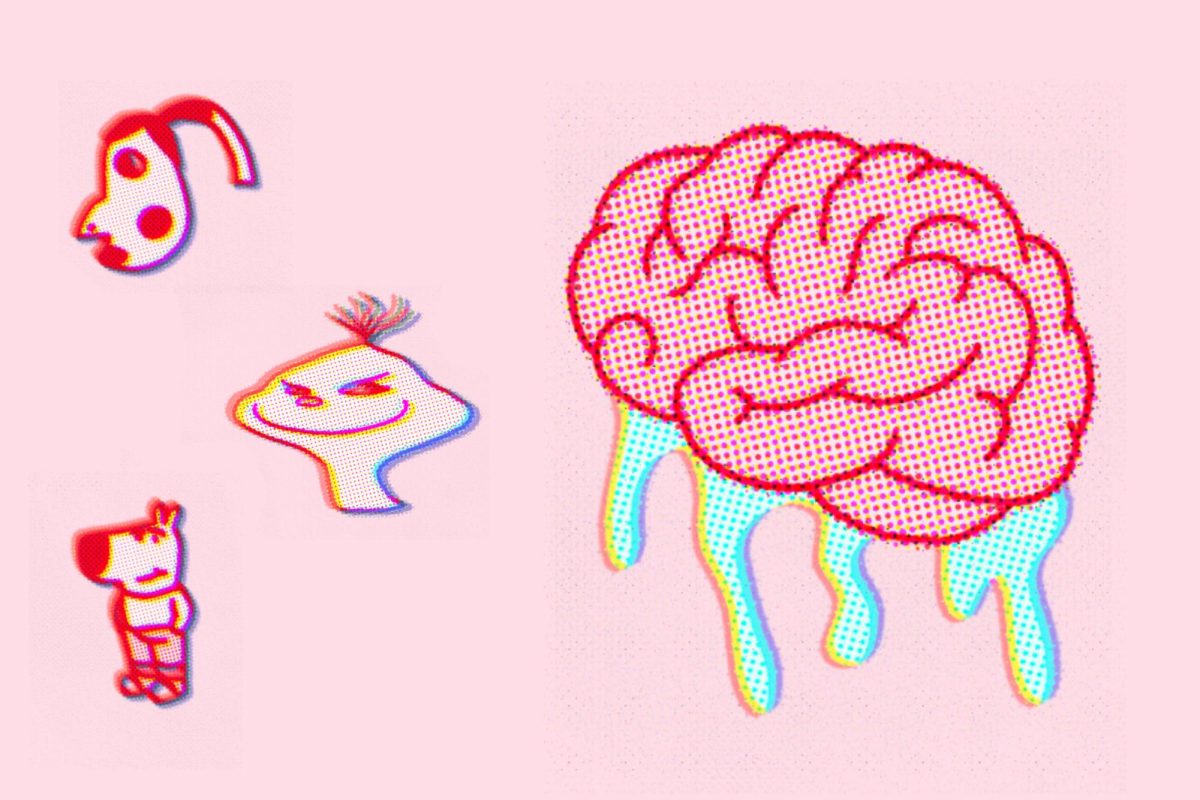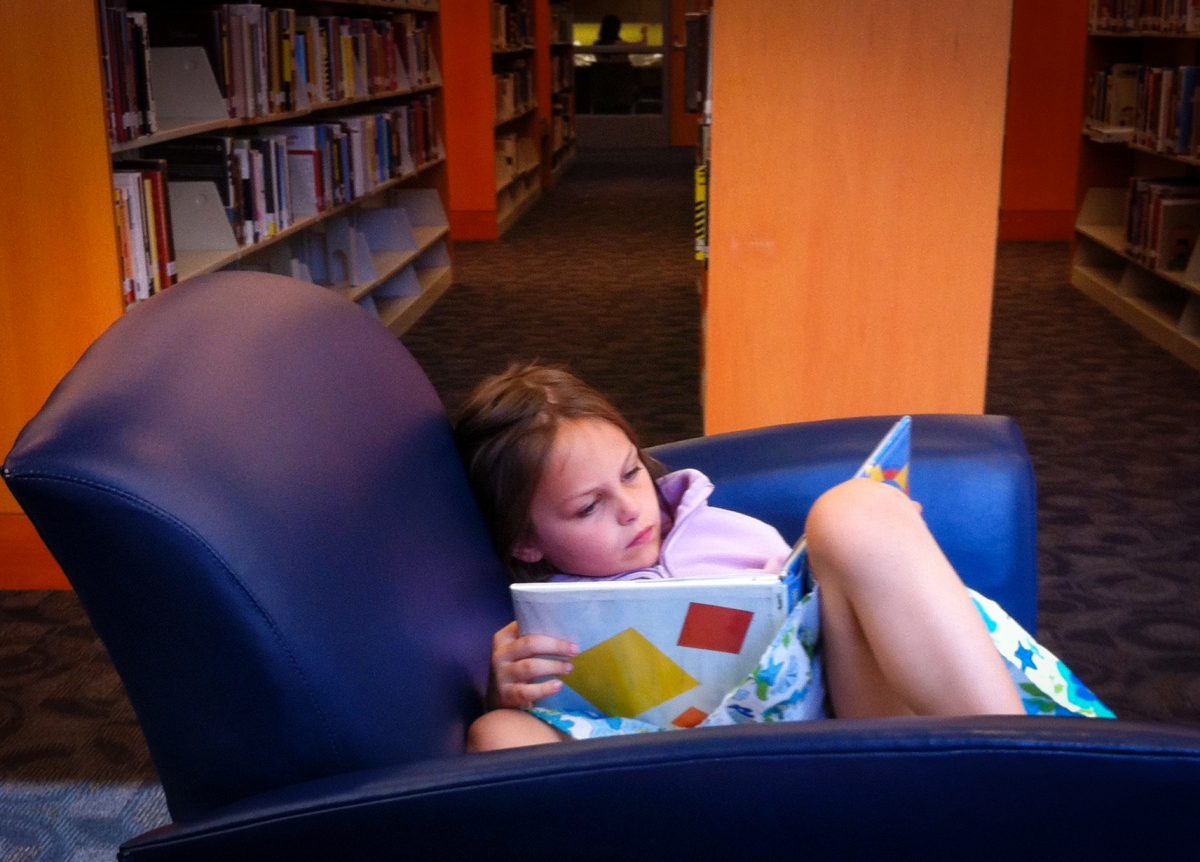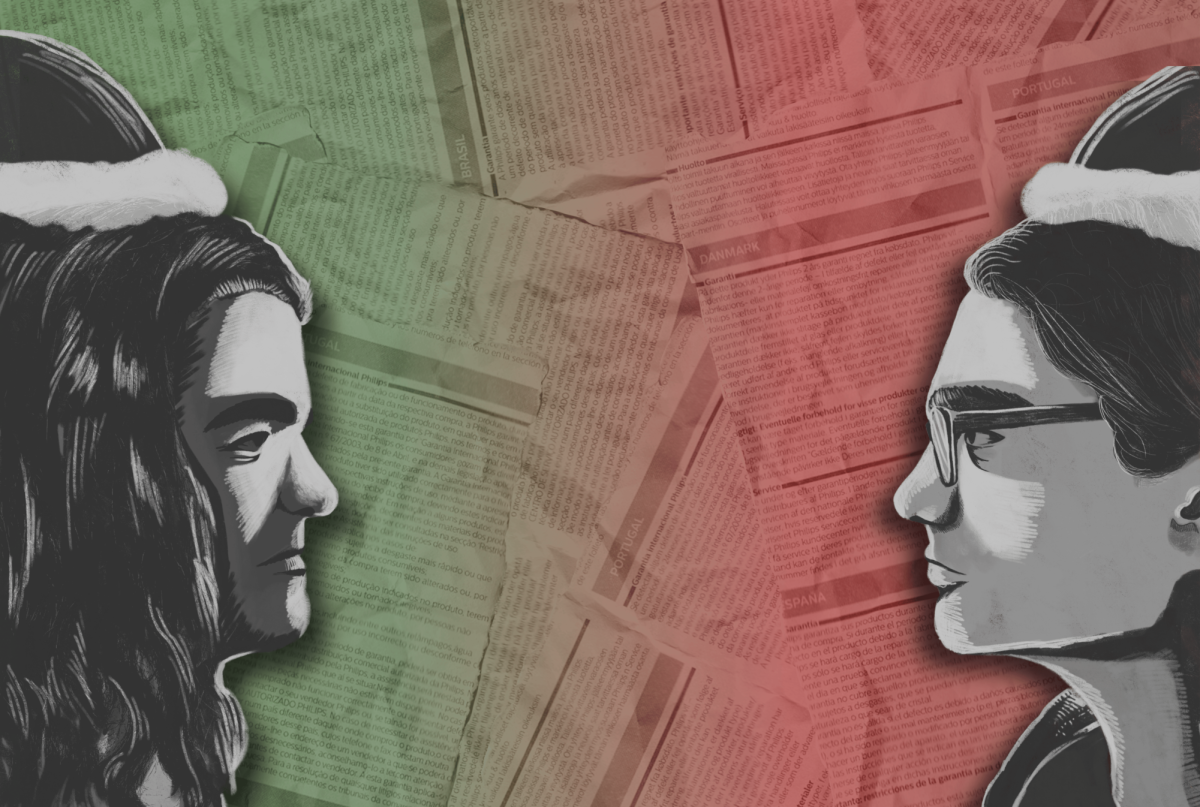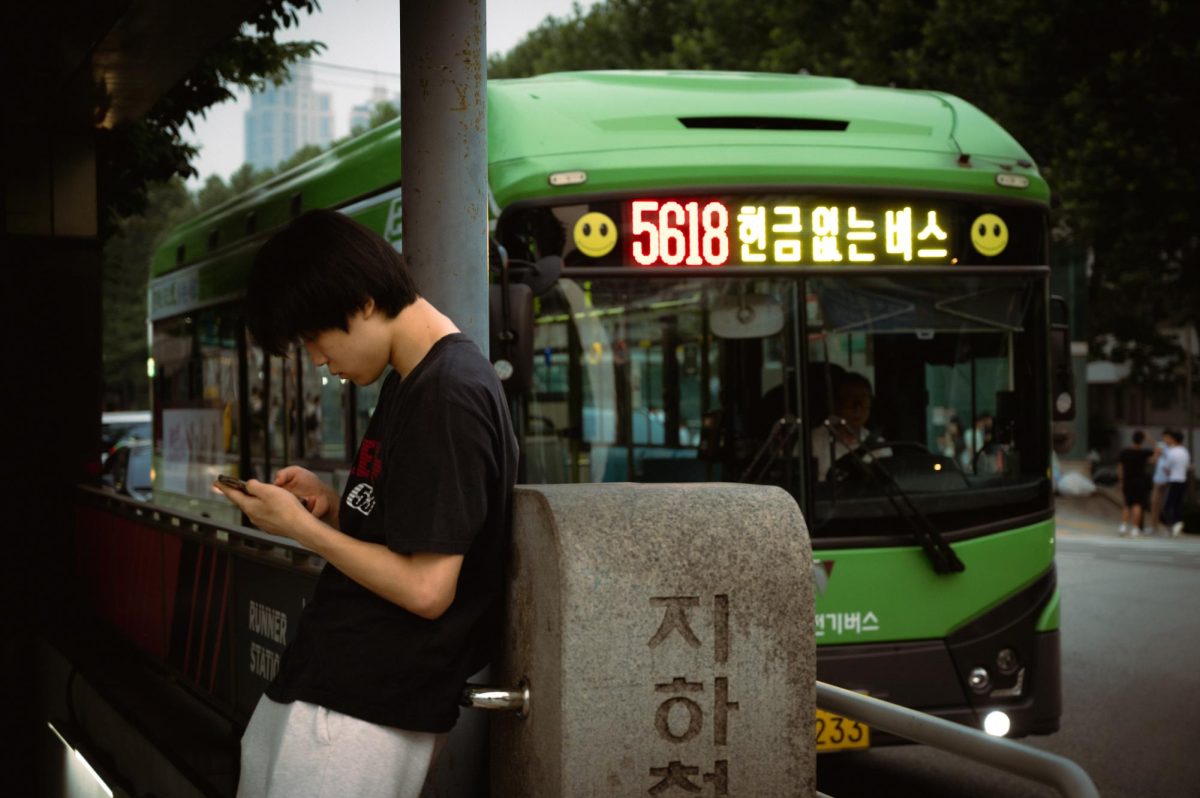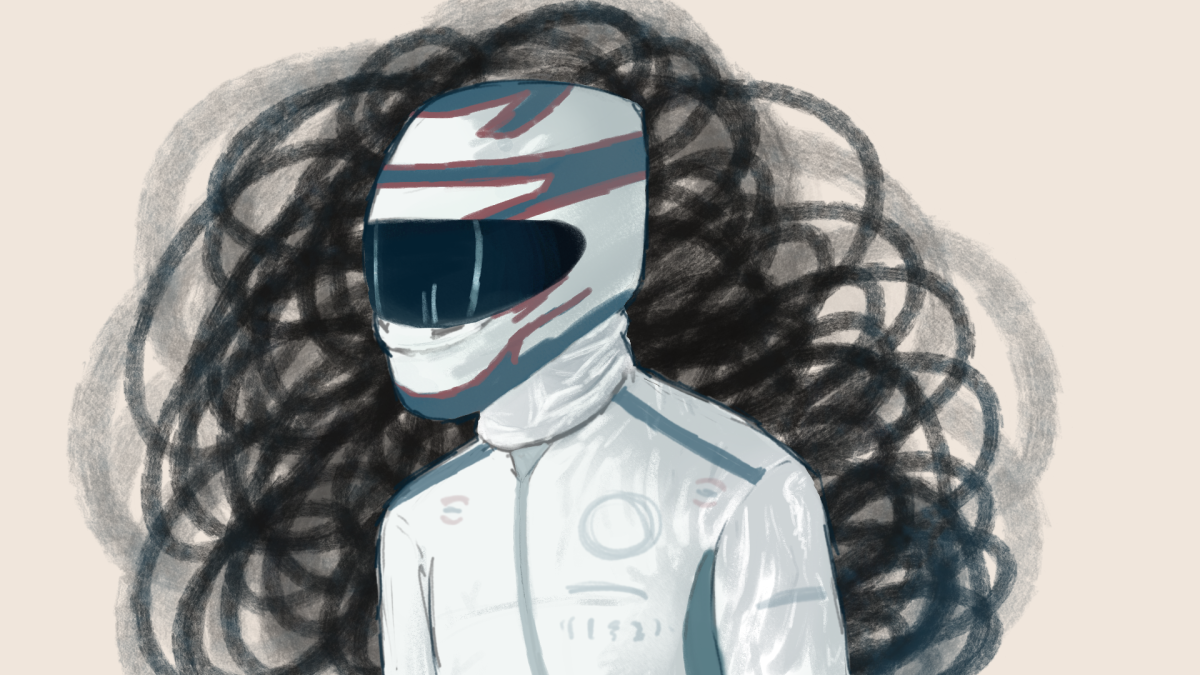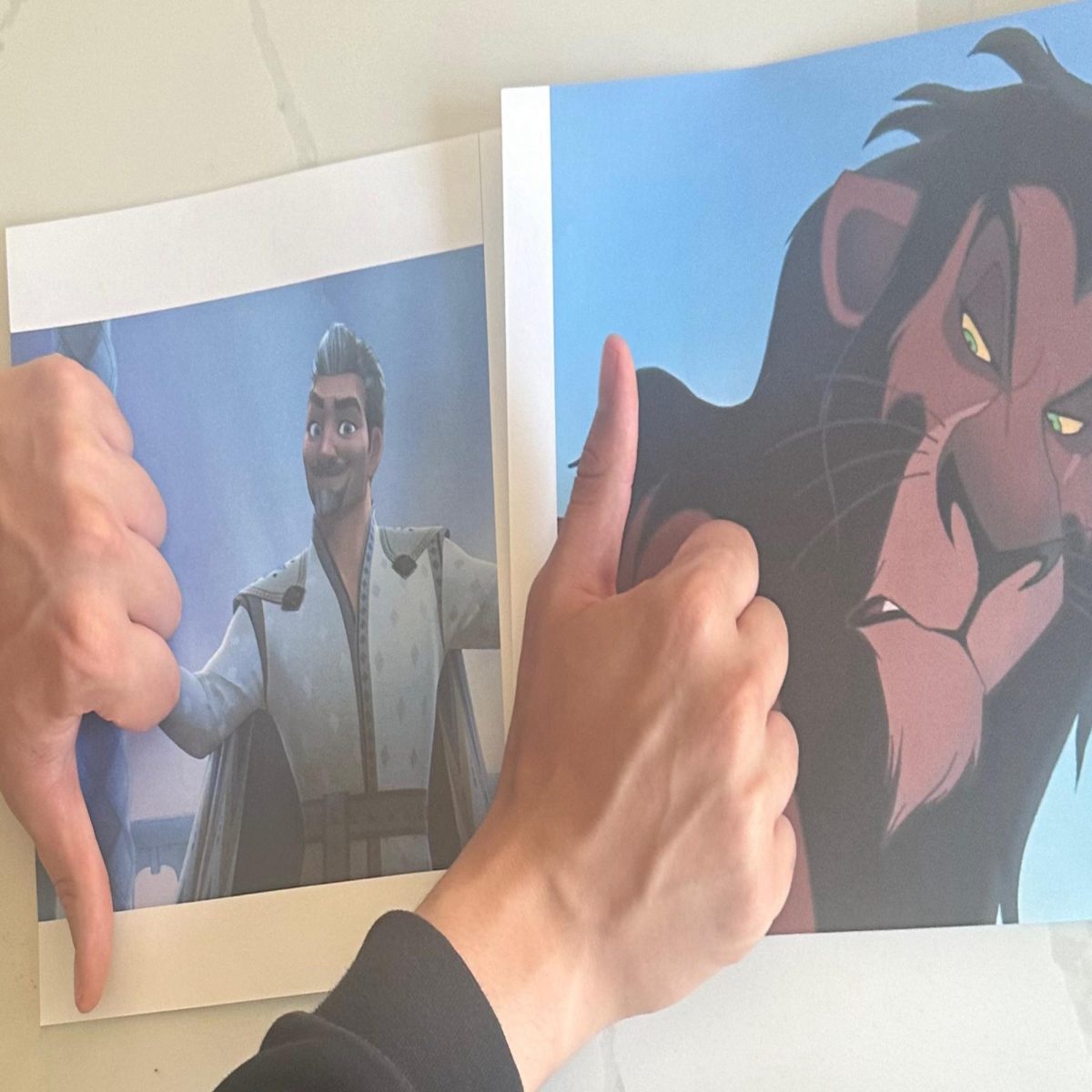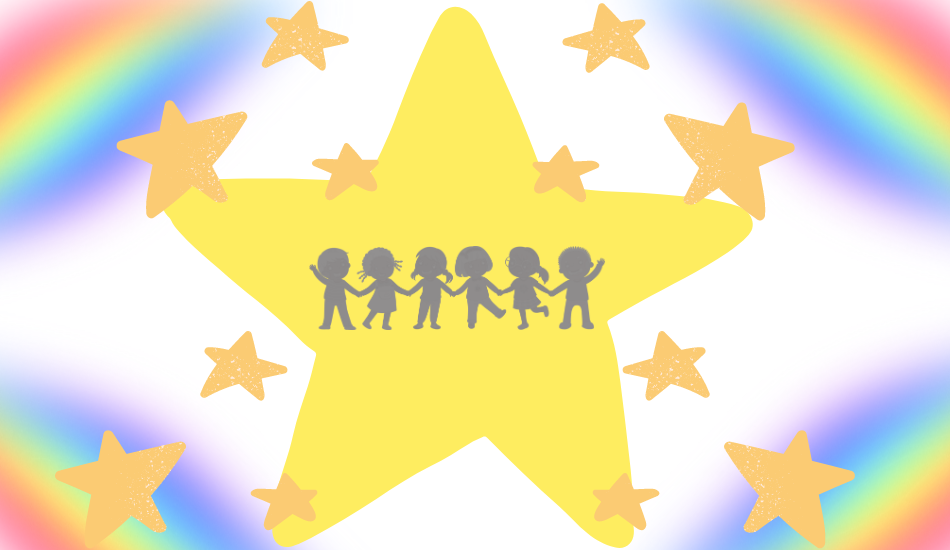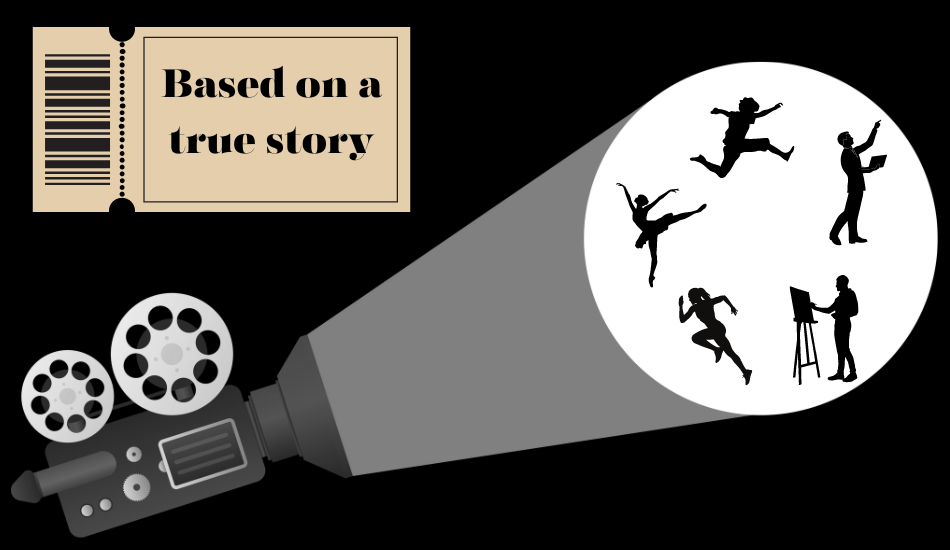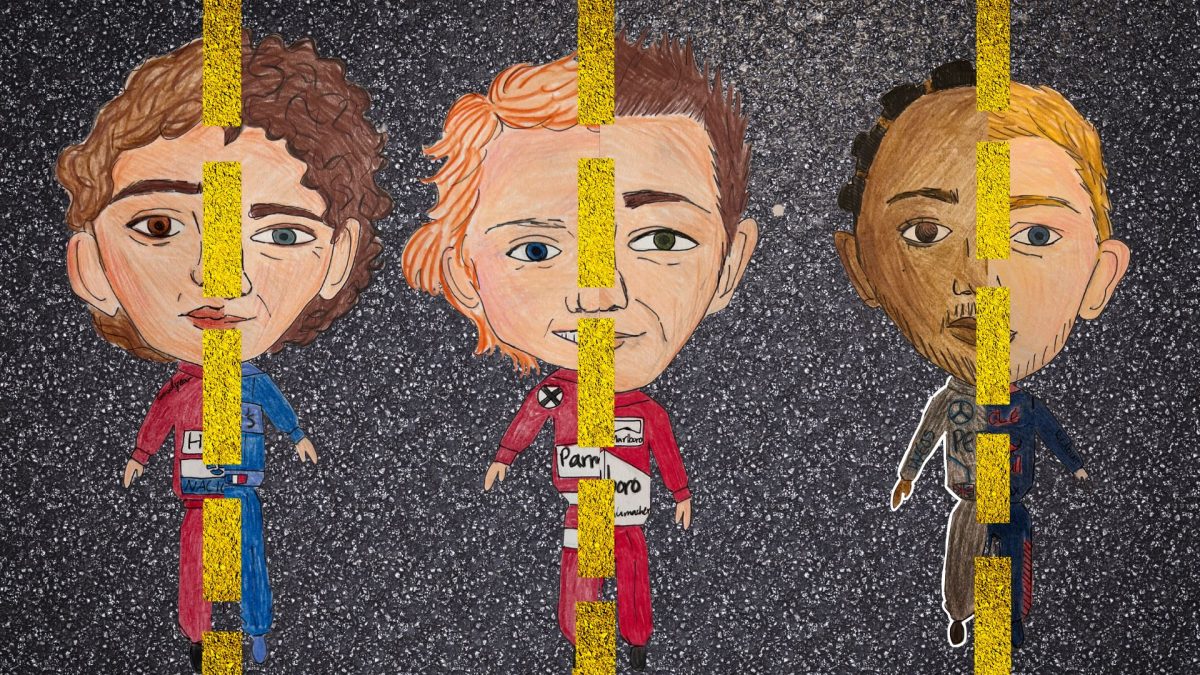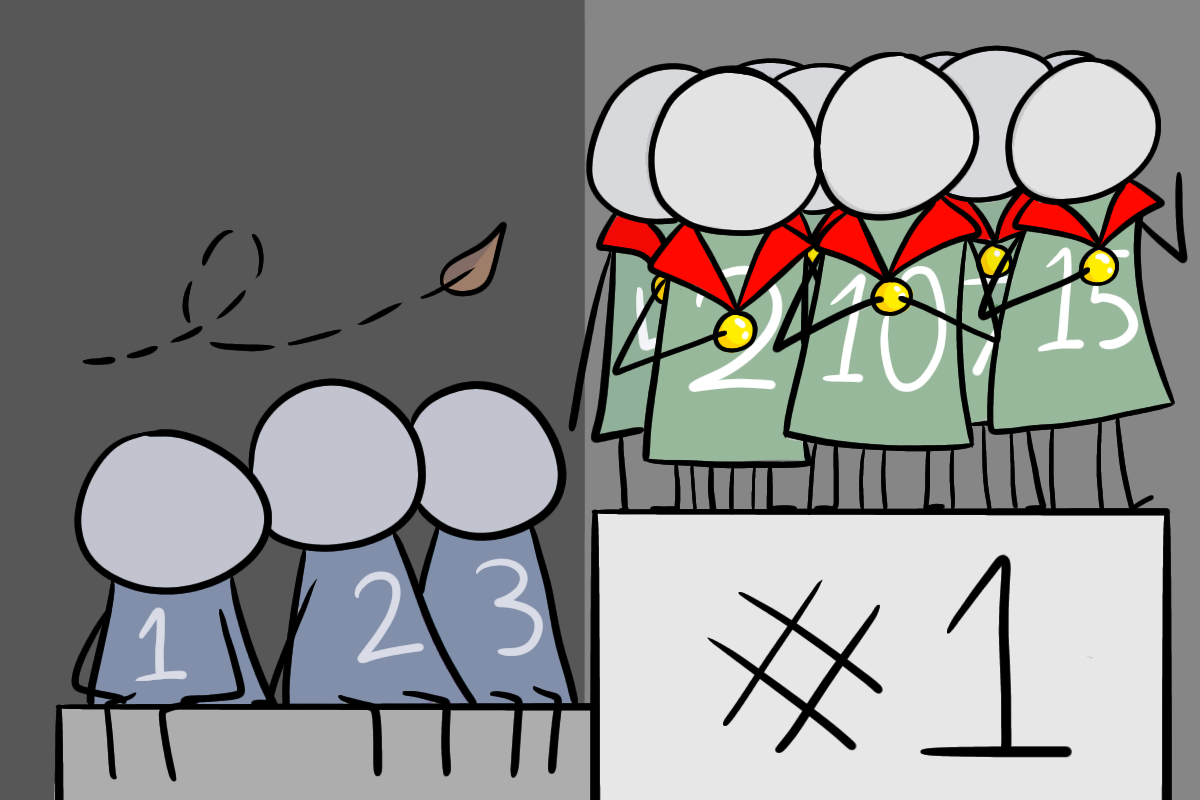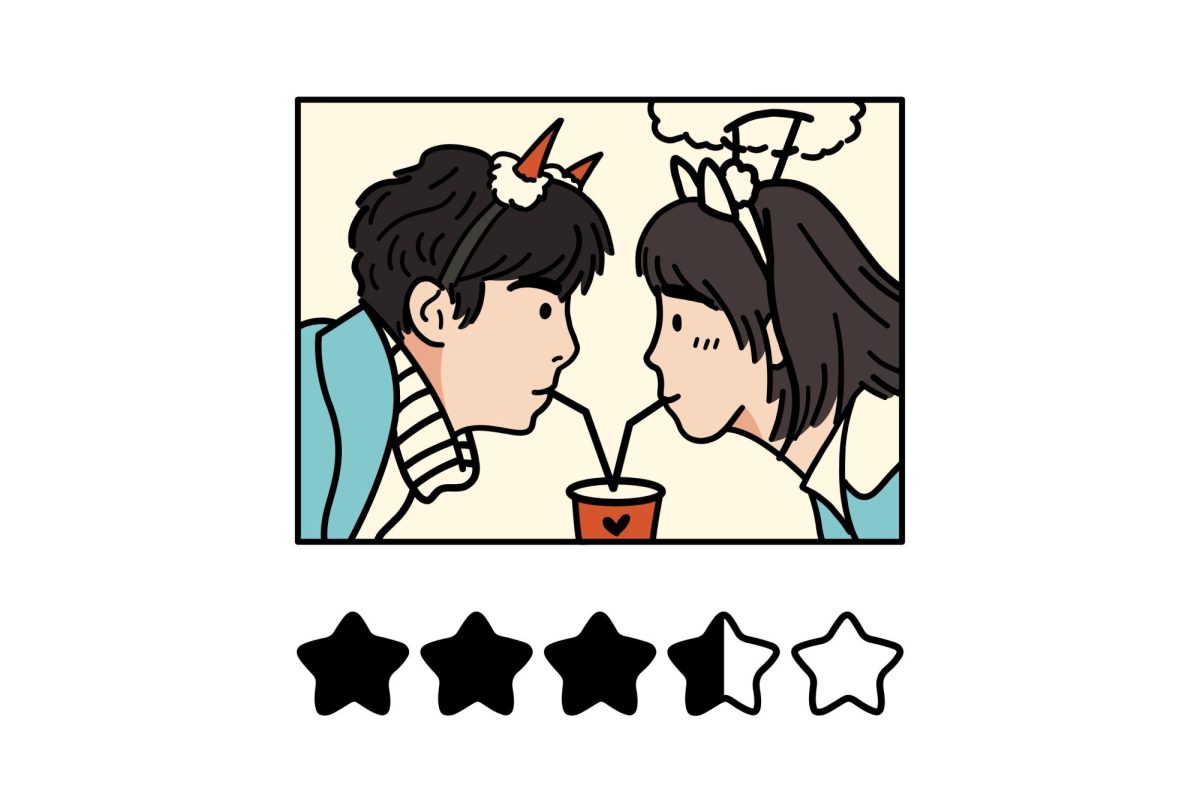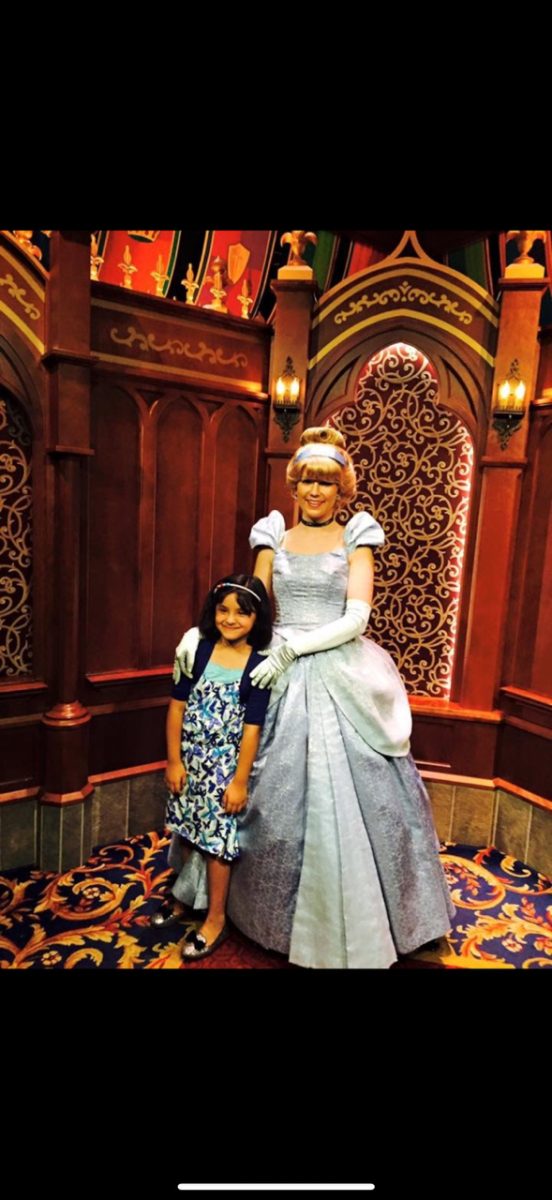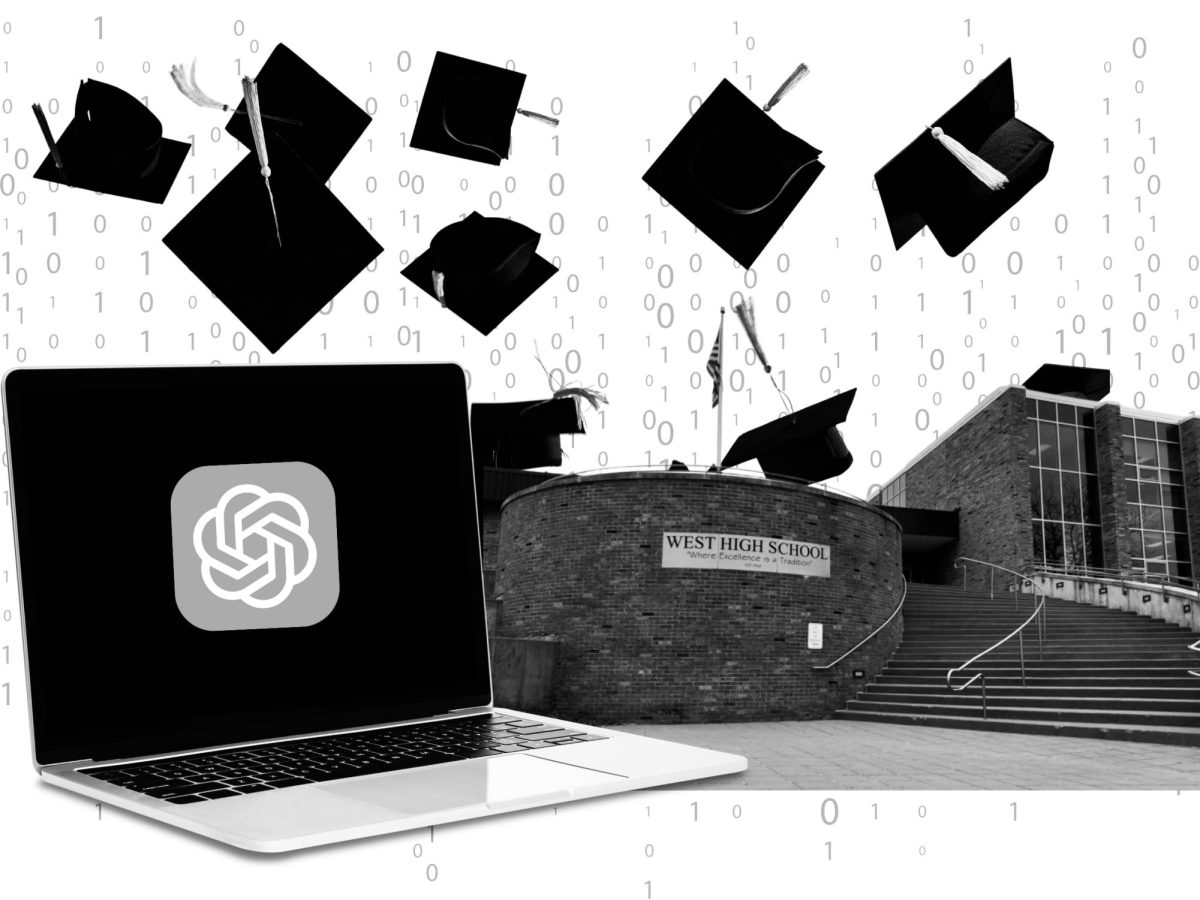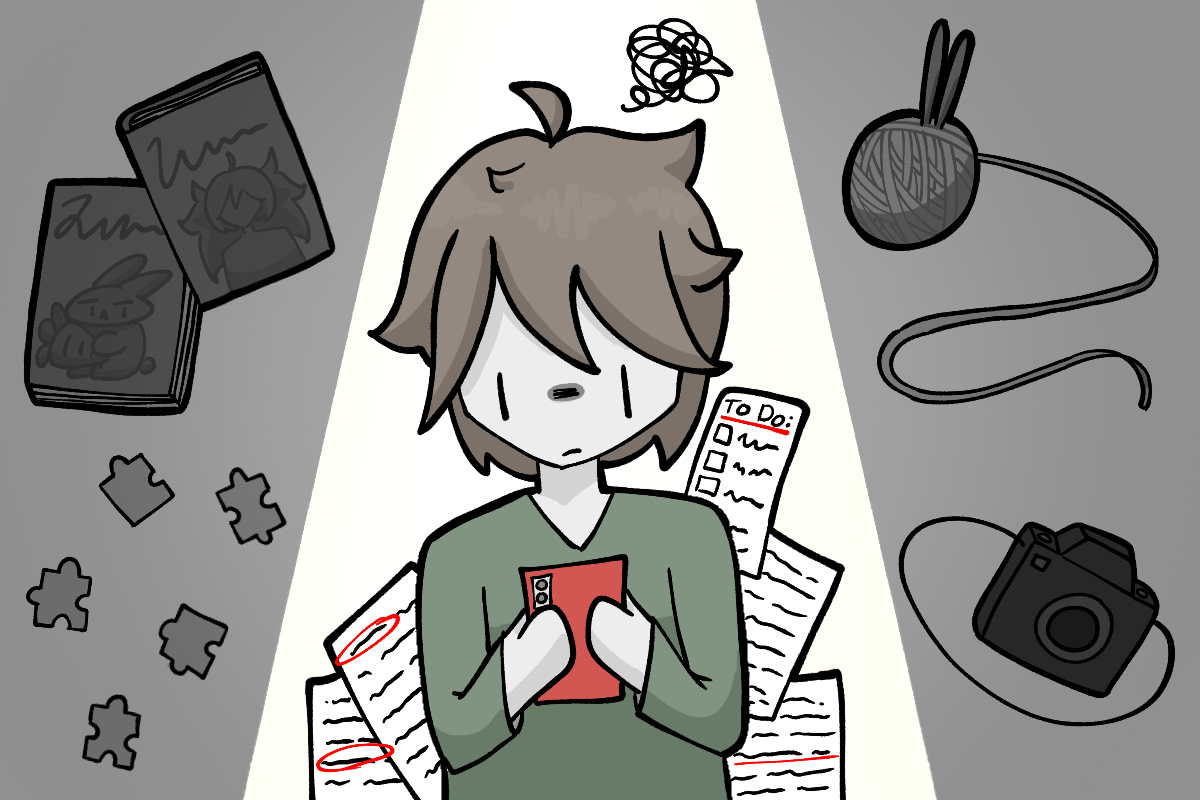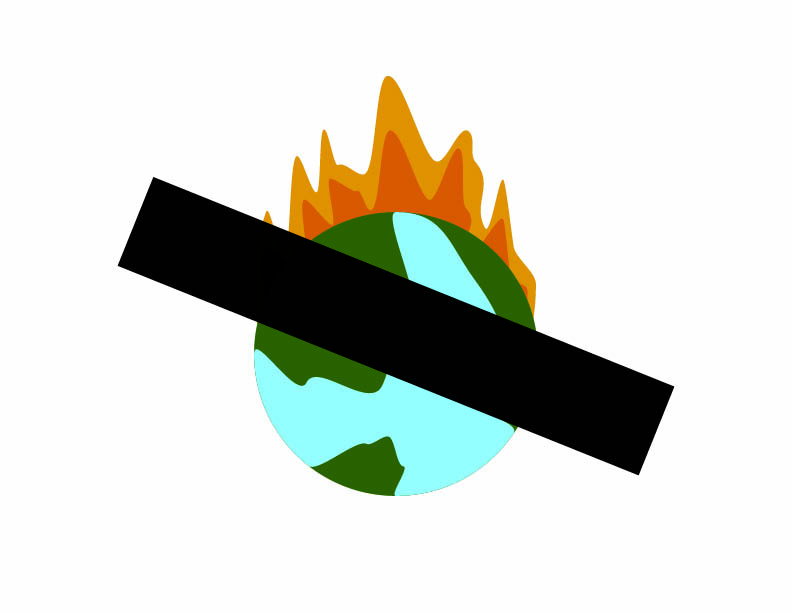The importance of representation
Reading. An adventure, a journey and an escape. Yet, sometimes, it feels like the same story keeps getting told.
When I was younger, a lot of the characters in the books I read felt the same. They were usually straight, cisgender and white. They had a mom and dad, a best friend with whom they shared every little piece of their life and a place where they felt safe. Their problems were more lighthearted: a mystery to solve, a fight with a friend, a sudden magical journey.
As I got older, I started to think more about who I was and what mattered to me, and I noticed the books I read didn’t really focus on who the characters themselves were but rather the things they did. I started just picking random books from my elementary school’s library shelves, and I started to see myself reflected back from a book page.
I started to read more than the mainstream series I saw everywhere, and a whole new world opened before my eyes. The books had characters that were different: some neurodiverse, queer, trans. They came from all over the world and had families that went beyond the stereotypical nuclear family.
Books show someone a world beyond their own, one that is vibrant, diverse and full of people with experiences vastly different from their own. While other things out there can do that, especially with the internet, nothing can show you someone else’s experience like a book can. And sometimes, you can see yourself in those fictional characters, too.
There’s a power in reading a book with characters you can relate to. It can help you make sense of yourself; something can click into place, and suddenly everything shifts into a new perspective. It can help you understand that you aren’t alone in the world and that there are other people like you out there.
Book bans
After Senate File 496 was passed in May, books that contain “sex acts” have to come off shelves in K-12 school libraries. The ICCSD has currently banned 68 books, and this list won’t be finalized until Jan 1.
Books on this list, like “All Boys Aren’t Blue” by George M. Johnson and “Looking for Alaska” by John Green, feature LGBTQ+ characters and are among the most challenged books in the nation. All these books have been banned under the premise of containing “sex acts.”
Some books, such as “Out of Darkness” by Ashley Hope Pèrez, have been challenged because they contain abuse and are claimed to be explicit in some way. While abuse can be a triggering topic for some people, it is a reality in our world and is important to educate people about. And just like with any experience, reading something you can relate to can make you feel less alone. It’s vital that those who feel alone know that they are not.
Public libraries
With the new legislation, librarians have to navigate politics while still making sure their collections reflect their readers.
“It’s so important that you see yourself. It’s [like] a mirror; you can feel what you were living and what you were thinking. But it’s also important for other people to use [books], they talk about mirrors and windows, to have it be a window to see what’s going on with another group of people that someone that’s different from you that’s not the same color, the same sex, sexual orientation or disabled it gives you a glimpse into what they’re going through. And I think diversity provides empathy,” said Karen Stierler, the teen resources librarian at the Coralville Public Library.
School libraries
Jill Hofmockel, the Teacher Librarian at West High, also shared a similar opinion.
“[Reading diverse books] is a way for you as a person to grow your empathy and grow your understanding of your world and I think you are absolutely a better, more tolerant, compassionate person if you have even a small understanding of what people go through whose lives are different from yours.”
Now, when selecting books, librarians have to be more careful to make sure they don’t contain sexual content. Any books that do can’t go on shelves.
This all goes to say no one is forcing students to pick a book off a library shelf and read it. Every time you go to the library to grab a book to read in your free time, you have so many stories to pick from, enclosed in paper parcels. If you are someone who wants to avoid certain topics in books, it only takes a quick Google search to find out if the book you want to read will be triggering for you. Students should be able to have access to a variety of books that feature characters they relate to, and every time a library book comes off the shelves, it is a great loss.




